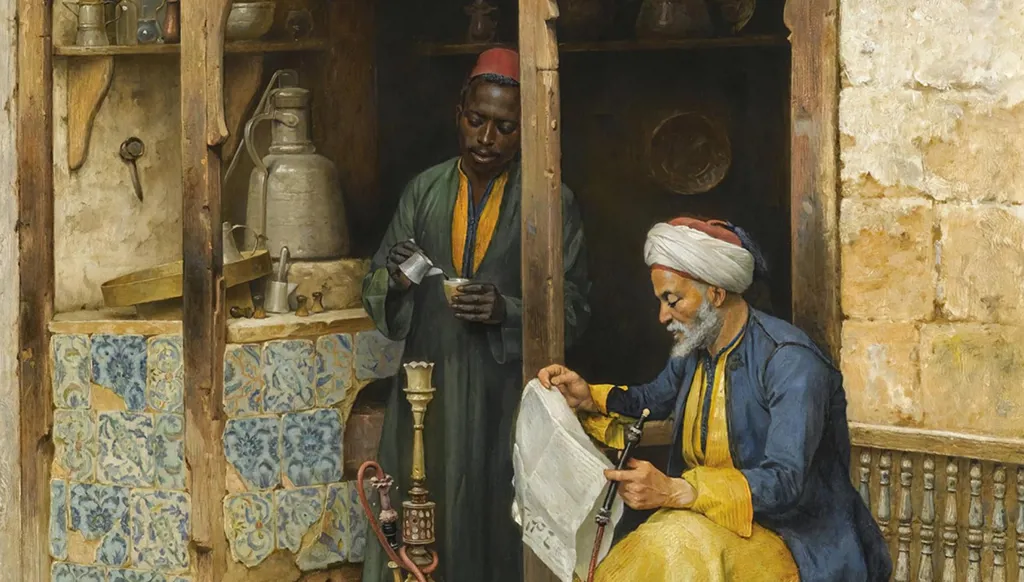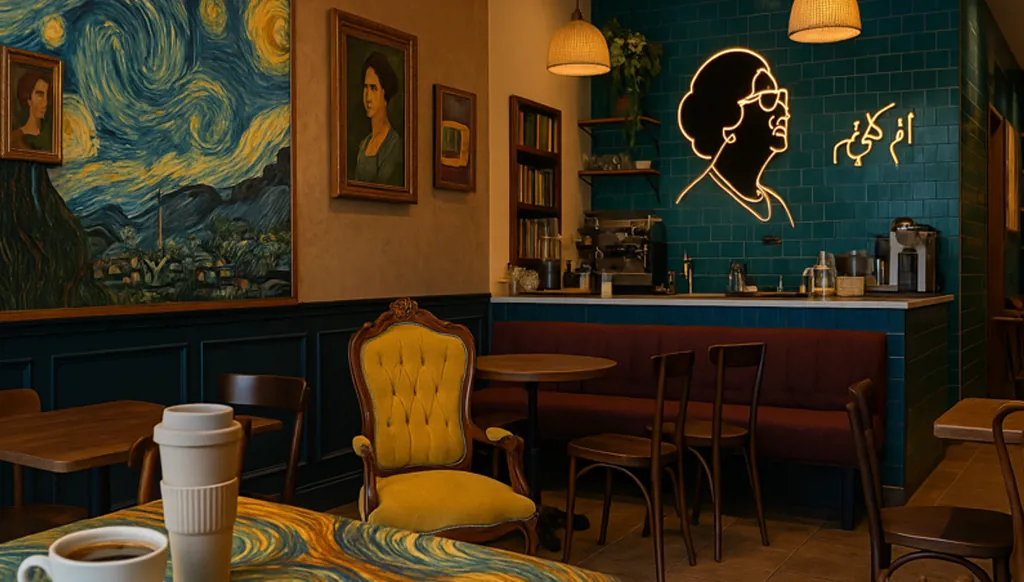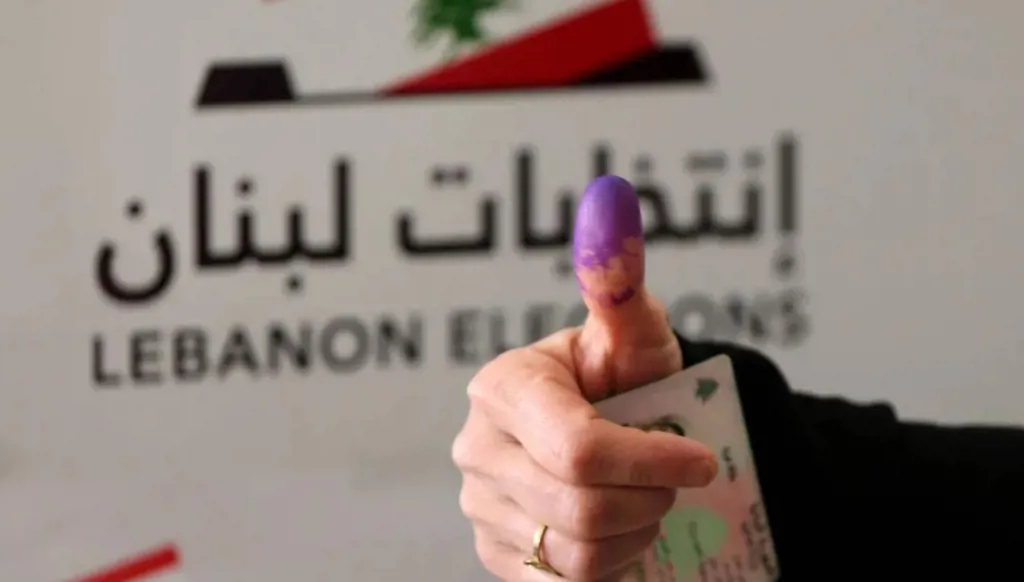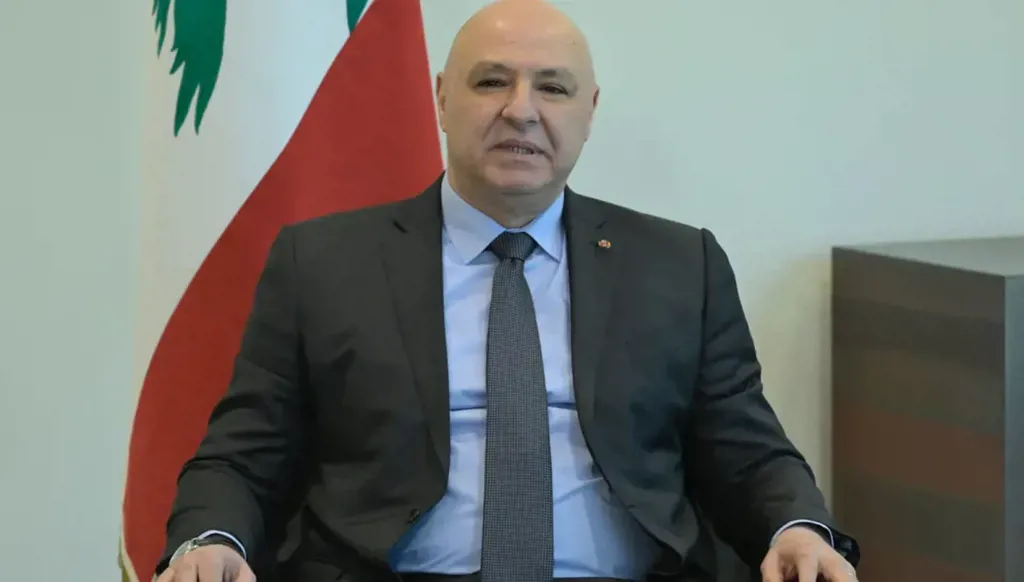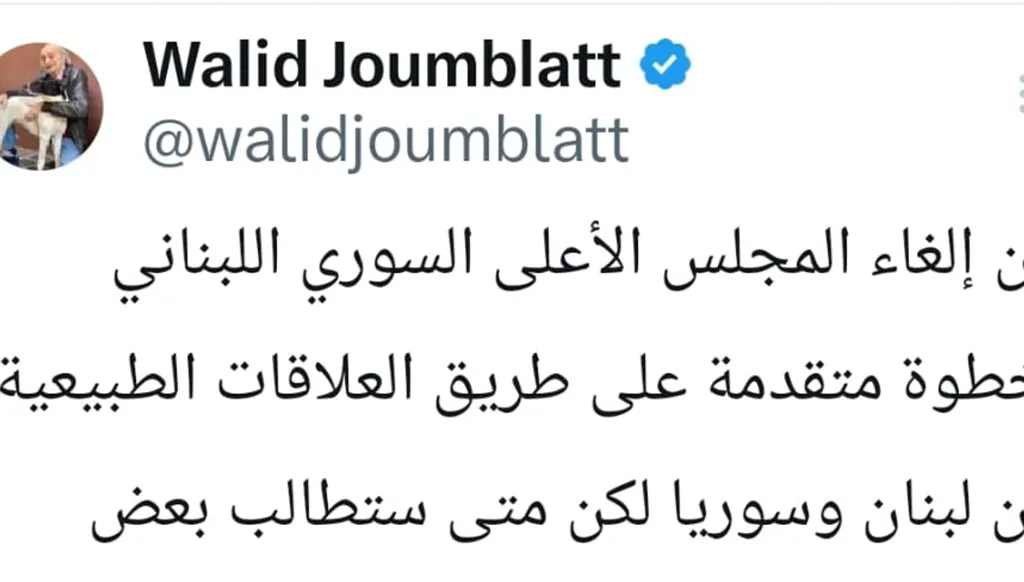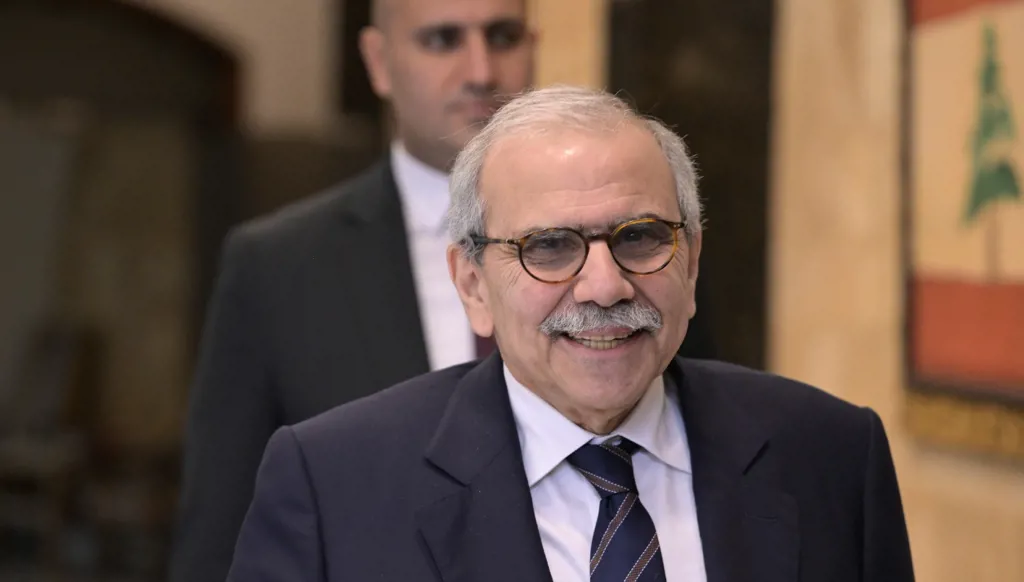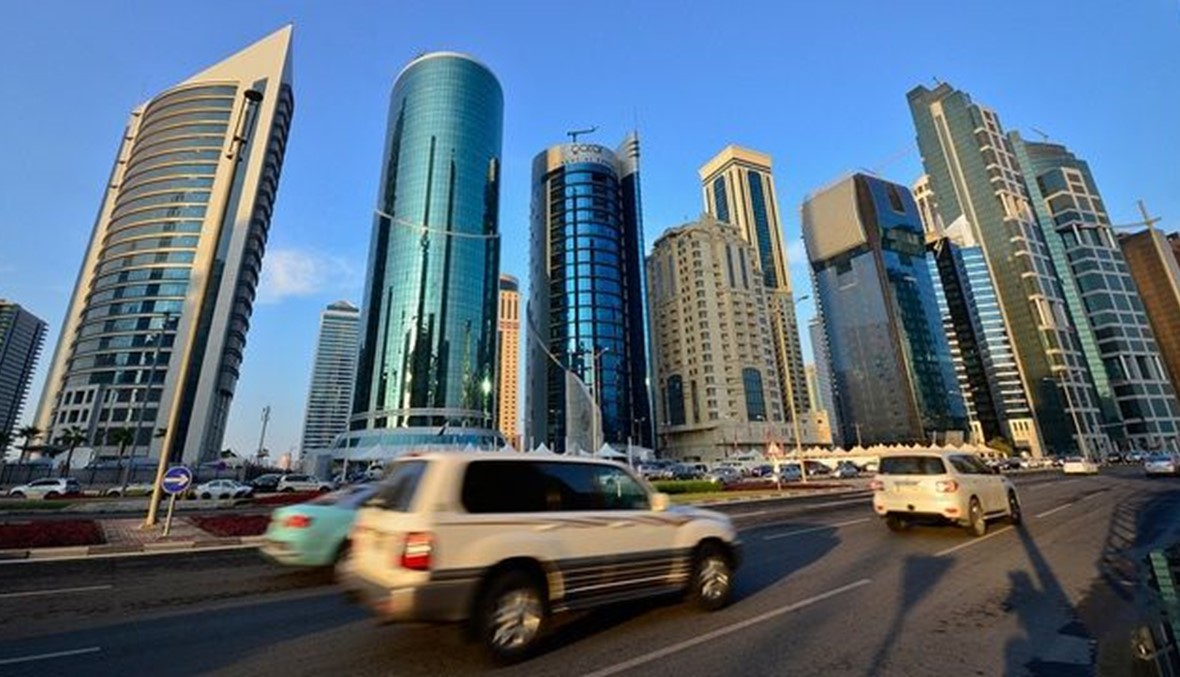
In Why Nations Fail, Daron Acemoglu and James Robinson argue that to be prosperous a country must have inclusive economic institutions that create broad based economic opportunities and incentives. Underpinning such economic institutions there must be inclusive political institutions where political power is broadly spread in society, they argue.
But does this theory apply to Qatar? It is amongst the most prosperous societies in the world in terms of income per-capita but it does not have inclusive political institutions. Consider for example the state of democracy. What has happened to the stipulation in Qatar's new constitution of 2003 that men and women aged over 18 would be eligible to vote for 30 of the 45 seats in the Consultative Assembly while the Emir appoints 15 members? The elections were originally planned for 2007 but then rescheduled for 2010, before the previous Emir Hamad bin Khalifa Al Thani announced that the election would take place in 2013. However, when in that year the new Emir came to power, the vote was postponed again and the Advisory (Shura) Council's term was extended for another three years. The postponements are based on the constitutional provision that "extending the council's term is permitted if it is found to be in the public's best interest."
First steps for free elections were made in Qatar in the last 25 years: Since 1999, four elections were held to form the Central Municipal Council (CMC); the country's only directly elected body, and the next elections are scheduled for 2015. However, according to the Qatari English newspaper Doha News, "the effectiveness of the council has been questioned in recent years because many of the CMC's requests are not formally acknowledged by authorities".
A referendum to approve the new constitution was held in Qatar in April 2003 with a voter turnout of 84.3%, a number that shows the hopes associated with the new constitution (for comparison, the voter turnout at the last municipal elections in 2011 was just 43 %).
Given the shortcomings of the promised elections for the Advisory Council with only a free election of 2/3 of its members, the need for laws to be passed with a two-thirds majority and the Emir's veto power, they do not deserve to be classified as democratic, given that the Al Thani family would still dominate the political process. Yet even this modest movement towards more inclusive political institutions was too much for Emir Tamim bin Hamad bin Khalifa Al Thani.
Oil money soaks up democratic deficit
But maybe Qatar is just an exception to Acemoglu and Robinson's theory. Their justification of the importance of inclusive institutions is that they are critical for innovation and technological change. But Qatar can just buy technology and the human capital that goes with it. It doesn't need to generate it itself, its prosperity comes from the value of its natural resources. Oil wealth has enabled Qatar and other Gulf monarchies to buy off their populations without them having to concede inclusive political institutions (with some help from repression and religious indoctrination). This natural resource wealth is also what enabled them to ride the storm of Arab Spring largely unscathed— except in Bahrain. "The genius of the regimes in Saudi Arabia, Qatar, and the United Arab Emirates has been to use their resources before there was much of a protest movement", DaronAcemoglu and James Robinson wrote in their "Why nations fail" blog in 2012.The ruling family extracts a lot of wealth in Qatar, but the citizens also benefit from it (one of the reasons is that the population is much smaller than in Saudi-Arabia). The Qatari government provides its people with property, healthcare and education (among them the establishment of world class U.S. institutions such as Georgetown University in Qatar Education City).
At the moment the Emir plans to institutionalize this model and make it permanent by using the Sovereign Wealth Fund (Qatar Investment Authority) as an instrument to maintain the wealth of the country after oil and gas are exploited.
Qatar complements this by hosting international cultural, political, andsportingevents, trying to build relations with as many countries as possible to get their recognition but also potential protection, given the military weakness of the small country that is in the neighborhood of Saudi-Arabia and Iran.
We can't rely on strong leaders
Has Qatar then found a road to enduring prosperity without the need for inclusive political institutions? We would argue not for two big reasons. First, while it might be true that the clever use of the Sovereign Wealth Fund can in principle create a permanently high level of income per-capita even after the oil is exhausted, the prudent use of this wealth in the current institutional environment of Qatar requires a perpetual stream of benevolent autocrats. The Emperor Augustus consolidated the Roman Empire and built public works everywhere, but then came Caligula. History suggests that a political system that lacks democratic checks and balances and relies on enlightened leadership is unlikely to generate perpetual prosperity. Ultimately human beings control the Sovereign Wealth Fund and how these human beings are chosen is of critical importance.
Second, Qatar's ability to consolidate itself through the use of soft power depends on the attractiveness of the country and shared values with its potential protectors. If Qatar expects Western countries to come to its aid if threatened by its large neighbors, it needs voters in these countries to empathize with it. Postponing elections makes democratic countries (which are in the majority in the world) question how serious Qatar's modernization attempts are. It is difficult for a president of the United States to justify to American voters that he needs to raise taxes or risk American lives to protect an autocratic monarchy.
Qatar might not collapse right after oil and gas are not available anymore as it could happen to Saudi Arabia that has a much larger and more diverse population. But a rentier state like Qatar has a self-interest in establishing inclusive political institutions. It is not just that gradual reforms and incremental change now can avoid societal demand for radical reforms and uprisings in the future. In the past Qatar has managed these pressures. But bigger challenges await. Inclusive political institutions are a main characteristic of advanced countries and they can help Qatar to become an "Advanced Country" by 2030, a key objective of the Qatar National Vision for 2030. This will help Qatar to build relations with other countries - relations that are not only based on Qatar's wealth but also on shared values such as democracy. This might also contribute to the national security of a country with a size comparable to Vermont, one of the smallest US states, and a number of citizens that equates to only 1/3 of the population of the respective New England state.
James A. Robinson is David Florence Professor of Government at Harvard University and, together with Daron Acemoglu, author of the bestselling book Why Nations Fail and a related blog (http://whynationsfail.com/). Danyel Reiche is Associate Professor of Comparative Politics at the American University of Beirut and Visiting Scholar at Harvard.




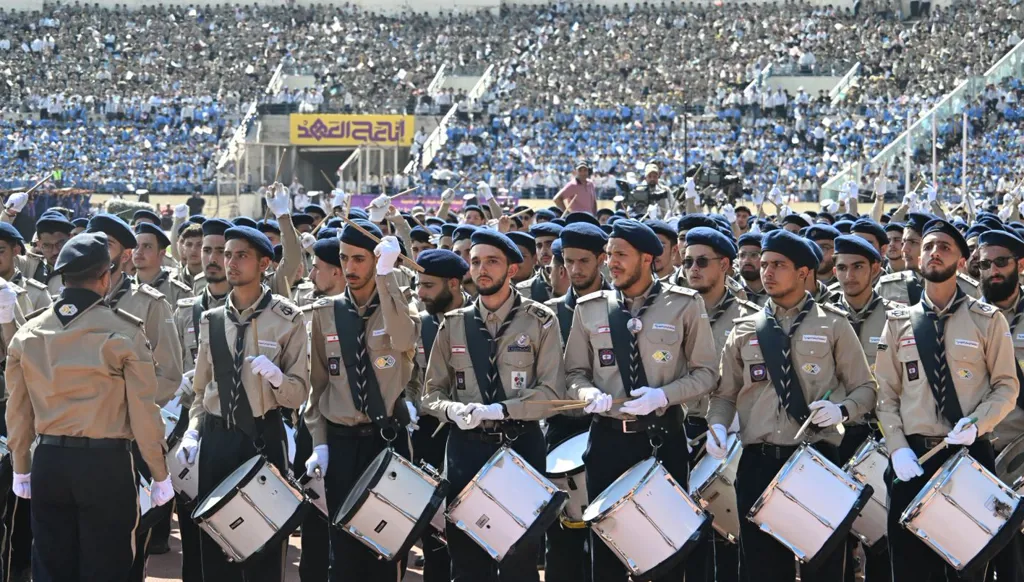

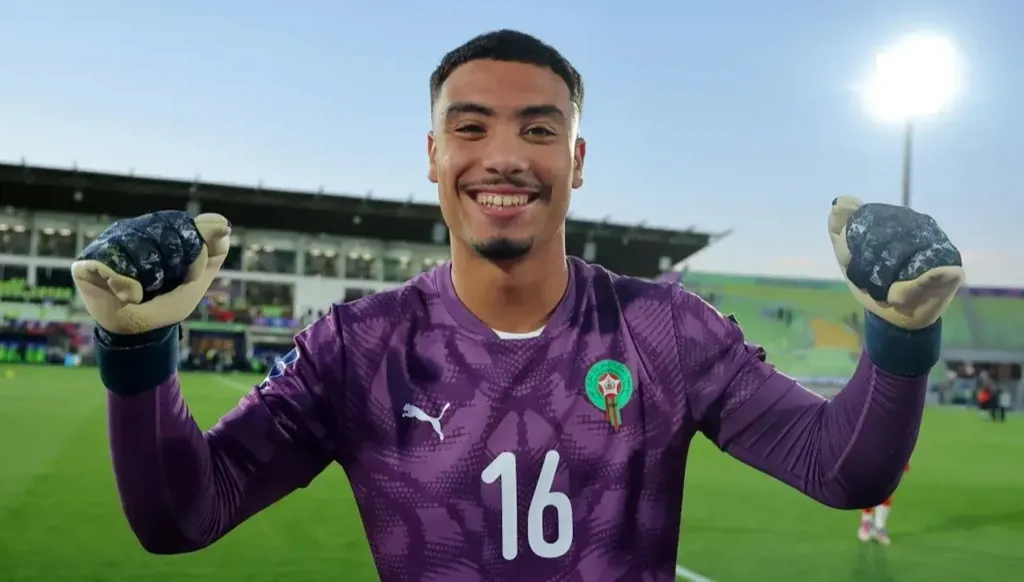
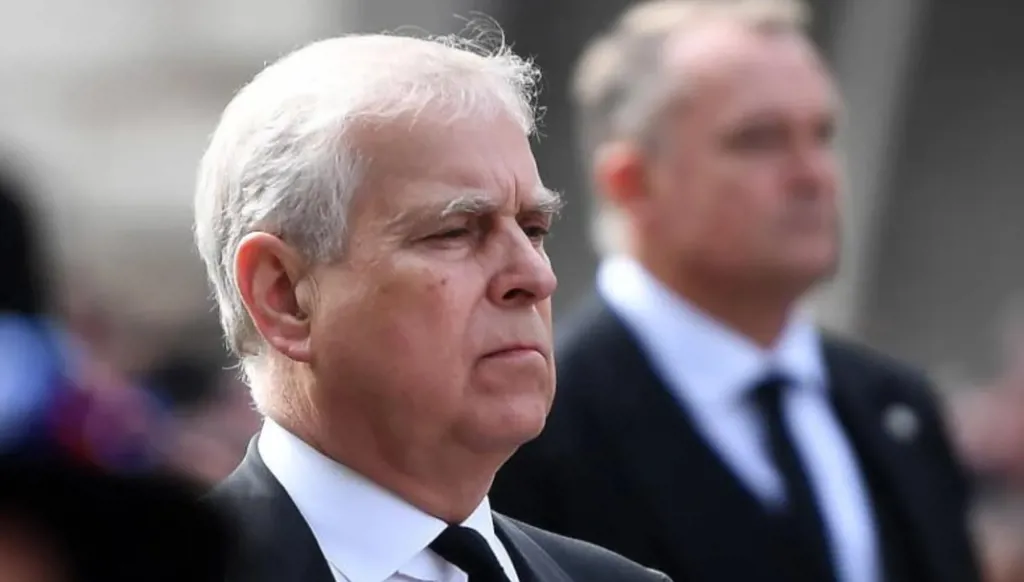


 تويتر
تويتر
 فيسبوك
فيسبوك
 يوتيوب
يوتيوب
 انستغرام
انستغرام
 نبض
نبض
 ثريدز
ثريدز



 مسنجر
مسنجر
 واتساب
واتساب
 بريد إلكتروني
بريد إلكتروني
 الطباعة
الطباعة



